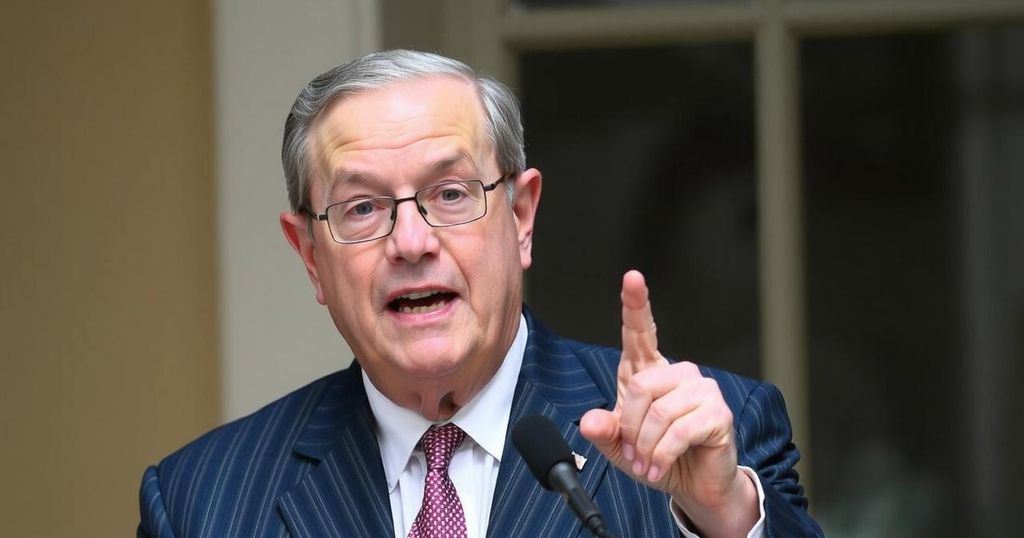Joseph Aoun has been elected as President of Lebanon, signaling a shift away from Iranian influence towards a U.S.-backed regime, ending a two-year power vacuum and representing a pivotal moment in Lebanese politics.
The recent election of Joseph Aoun, the commander of the Lebanese army, as President of Lebanon marks a significant political shift within the region, reflecting a diminishing influence of Iran. Supported by the United States, Aoun secured the presidency with the backing of more than two-thirds of parliament members, thus concluding a two-year leadership void that had plagued the nation. This decisive electoral victory indicates a new direction for Lebanon’s governance and its foreign relations, particularly regarding U.S.-Iran dynamics in the region.
Lebanon has faced ongoing political turmoil, characterized by a persistent power vacuum following the term of the previous president. The election represents a crucial moment in Lebanese politics as it may signal a shift away from Iranian alignment and toward a more pro-Western stance, particularly in light of U.S. support for Aoun. Historically, Lebanese politics have been heavily influenced by regional powers, making this election a noteworthy development in the context of U.S.-Middle East relations.
In conclusion, Joseph Aoun’s election as president not only alleviates a prolonged political deadlock in Lebanon but also reflects a broader regional shift in power dynamics, potentially reducing Iranian influence while enhancing U.S. involvement. The electoral outcome suggests a new chapter for Lebanon, emphasizing stability and a reevaluation of its foreign policy priorities under Aoun’s leadership.
Original Source: www.poncacitynews.com






